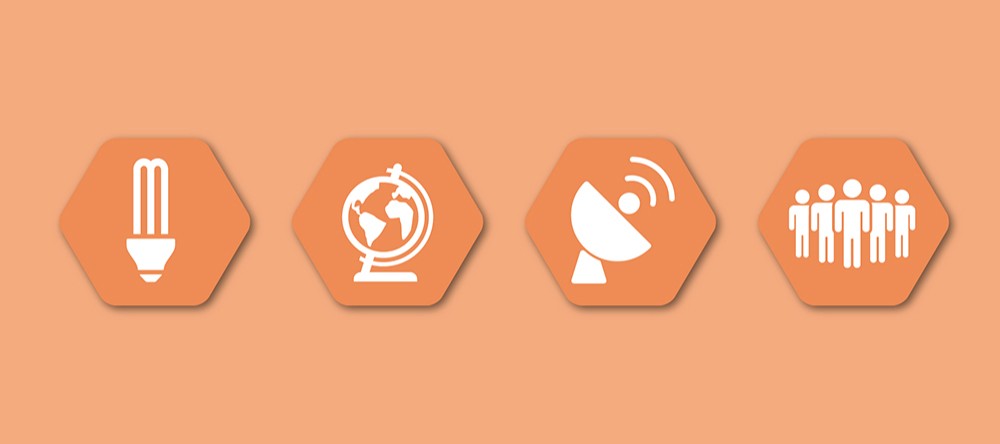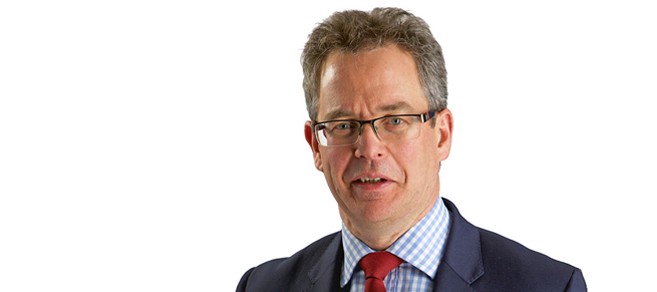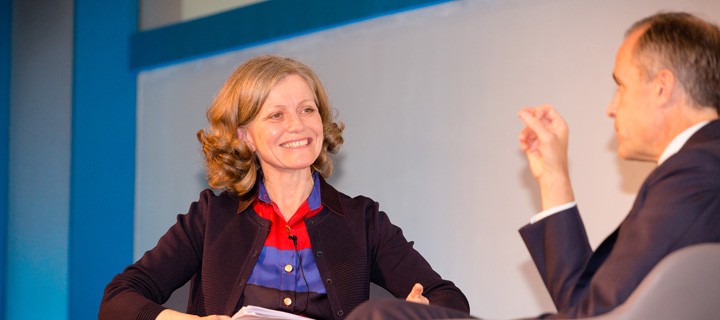The business benefits of social and human capital accounting
This blog was written by Kate Bowyer, CFO, The Crown Estate and Member of the European Chapter of the A4S CFO Leadership Network
As a CFO, I don’t want to have to choose between running a successful business and a responsible, sustainable one – they should, and can, be one and the same.
In a world of resource scarcity, changing employment patterns, social polarization and distrust of business, it is no longer sufficient to assess an organization’s performance based solely on its financial results.
Social and human capital makes a fundamental contribution to the performance of an organization, and can be significantly enhanced or damaged by its activity. Issues such as inequality in the workplace, stress, changing productivity, unemployment, homelessness and community attitude to business have an effect on the success of organizations in the long term, especially with regard to the engagement of our own people and the trust we engender in the community around us. However they are less well understood than some of the other capitals, not least because people and societal based outcomes are inherently more difficult to track consistently, and in some cases can be controversial to assess in financial terms.
Like many other organizations, The Crown Estate has been investing in social and human capital for a number of years, benefiting our own organization as well as others involved. What’s new is that our techniques for rigorously measuring the impact have created compelling evidence for further investment.
As a responsible business it is important to The Crown Estate that we fully understand the impact we are having economically, environmentally and socially, therefore we have developed a methodology to understand and measure the value we create across all of the capitals. As a framework for assessing our positive and negative impacts, it provides us with better information and can help us to make more informed and richer decisions.
I, as well as many other members of the A4S CFO Leadership Network , have seen many benefits from investment in social and human capital and realized how investment in one capital often helps to transform others. These benefits range from improved reputation, stronger stakeholder relationships, better access to and retention of talent, and cost savings, all of which ultimately enhance business resilience and increase competitive advantage.
I would like to encourage all finance professionals to download a copy of A4S's Essential Guide to Social and Human Capital. The Guide aims to demonstrate how accounting for social and human capital can enhance business decision-making, and drive long term commercial and societal value. Alongside tools and guidance, it provides practical examples of how Network organizations are integrating human and social factors into their business processes.
Whatever your experience of, and approach to, social and human capital accounting, I hope you find the guide useful.
Kate Bowyer, CFO, The Crown Estate and Member of the A4S CFO Leadership Network



